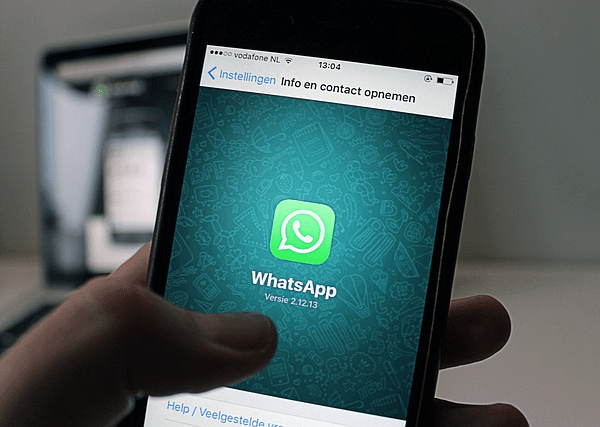Our son is on the computer 24/7, with YouTube, Netflix, Fortnite,” says R, the founder of a family business. “But he is the marketing head, he cannot do this at work. He gets mad when we confront him. We quarrel all the time. What do we do?”
“Your son has digital addiction, so reasoning is futile,” I tell R. “You don’t argue with drug addicts—instead, they go to rehab. Go to addiction specialists.”
“My wife and I were busy with the business, so we gave our son an iPad when he was born,” says R. “His yaya was supposed to use it for educational videos, but she watched her own movies. In grade school, we got him a smartphone and gaming devices. He said everyone in school had them.”
This conversation came back to me when I read Dr. Victoria “Toyang” Ang-Nolasco’s book “Toddler Talking.” A developmental and behavioral pediatrician, Toyang, who was my student in college, says her mission is to “empower parents of babies and toddlers with effective parenting strategies, so they parent with confidence and joy.”
Toyang advises nannies “not to watch television or be on their phones or gadgets while on duty.”
When my son was a baby, I told his yaya she could watch TV while off-duty, but she could read magazines (“Working Mom”) while watching over him. My son grew up with a household of readers: his grandfather read the newspapers, his father read business journals, I read science books. He toddled about the house with reading materials, and after I read (and acted out) Dr. Seuss’ “The B Book” to him day after day, before age 3, he suddenly sounded out the words for himself. He wrote superhero stories, and in grade school, he authored children’s travel books upon the urging of a publisher. In high school, he wrote award-winning essays and short stories, and after college, he did a graphic novel with a friend. Our son uses digital technologies at work today, but he creates rather than consumes. His yaya is now our majordomo, and while she has a smartphone and watches TV, she reads the print version of the Inquirer.
When parents tell Toyang that the no-gadget rule is unreasonable, she says, “At a fast-food store, does the cashier post on Instagram while taking your order? How would you feel if a grocery store clerk answers messages on her phone while there are people in line? If bank tellers are watching television, would you trust them with your money? At home, your baby is your caregiver’s customer. Yes, she can check her phone while she’s on break … But many caregivers [are] glued to their phones while babies beside them are strapped into strollers. The babies stare blankly into space, halfheartedly swipe at a mobile, or watch videos on their own gadget.”
This quote from Toyang’s book sums up R’s dilemma with his son: “Either we spend time with our babies while they are young, or we spend time later on correcting problems in their development and behavior. Either way, we spend time.”
Similar findings occur in the study of media habits that my team and I conducted with Filipino high school students and their families (“Growing Up Wired”). Imaging studies also reveal the harm done to developing brains by excessive screen time.
“If we had MRI machines and we could see with our own eyes what’s happening in our kids’ brains, we’d be much …….
Source: https://business.inquirer.net/364992/smartphones-and-cocaine
